The appeal of electrice vehicles (EV) and hybrids waned during the COVID-19 lockdown, according to the results of research condcuted by Close Brothers Motor Finance.
Pre-lockdown, a third (32%) of UK drivers were planning to buy an alternative fuelled vehicle (AFV) as their next car purchase, according to Close Brothers' Brirain Under the Bonnet survey results.
It found that drivers are continuing to shy away from traditional fuel types, with a fifth (21%) planning on buying a hybrid car, and one in ten (11%) opting for electric vehicle (EV).
However, a recent survey of 2,185 UK motorists, on behalf of the Society of Motor Manufacturers and Traders (SMMT), found that almost half were not ready to switch into an alternative fuel vehicle (AFV).
The shift came as Ford of Britain chairman and chief executive, Andy Barratt, highlighted a need for Government to appoint a Minister for Electrification to “kick-start” and coordinate a comprehensive electric vehicle (EV) strategy in the UK.
Last week new Society of Motor Manufacturers and Traders (SMMT) analysis compiled with the help of Frost & Sullivan revealed that spending of at least £16.7 billion was required to get the UK’s public charging network ready for mass EV market, with 507 new charge points needed every day to 2035 to drive buyer confidence.
Seán Kemple, managing director at Close Brothers Motor Finance, feels that alternative fuel vehicles (AFV) will continue to gain traction, nontheless. He said: “At the start of the year, it looked like the shift to AFVs would be one of the biggest trends for the motor industry in 2020.
“Ambitious targets set by the Government to achieve zero-emissions streets put the wheels in motion for a greener future, and the demand is clearly there too.
“While petrol still comes out on top as the nation’s chosen fuel type, AFVs are picking up the pace as people look for more environmentally friendly choices and cheaper running costs.”
The research also found that more men than women are planning to buy an AFV (38% compared to 26%), and younger buyers are more likely to buy AFVs than their elder counterparts, with nearly half (48%) of 19-21 year olds, compared to a quarter (26%) of 46-55 year olds.
When it comes to regional divisions, those in cities were more likely to purchase an AFV next (38%), compared to 30% in towns and 28% in villages.
Drives who have purchased an AFV are unlikely to go back to traditional fuel types since making the switch, as more than nine in ten (93%) drivers who have an AFV would buy another one again. 16% of hybrid drivers are planning on switching to electric.
New car buyers want electric vehicles (EVs) priced at £24,000, with a range of 282 miles and a recharge time of 30 minutes, according to a new study by Castrol.
Kemple said: “As people are continuing to turn away from public transport and look for alternative ways to travel, the car market is seeing a boost.
“Coupled with growing environmental consciousness and a looming diesel ban, demand for AFVs is likely to continue rising, and dealers have a chance to capitalise on this.
“Government support will also be vital in shaping the recovery of the sector and develop infrastructure to facilitate the shift the electric.”

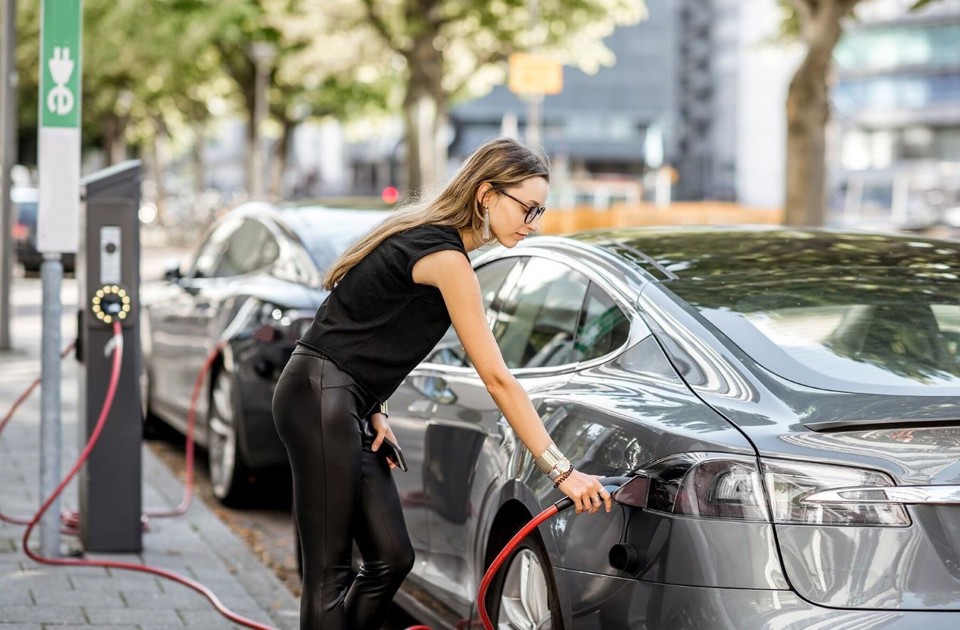




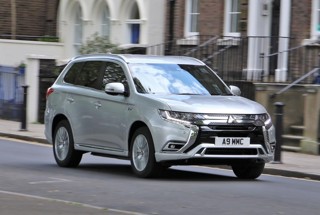
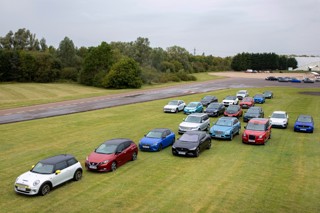
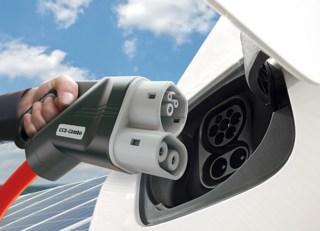
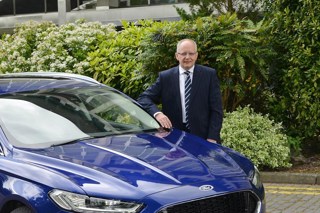
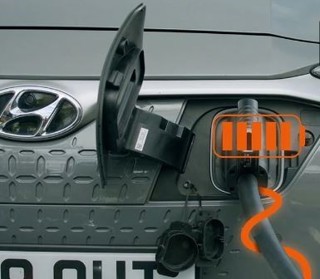










Login to comment
Comments
No comments have been made yet.